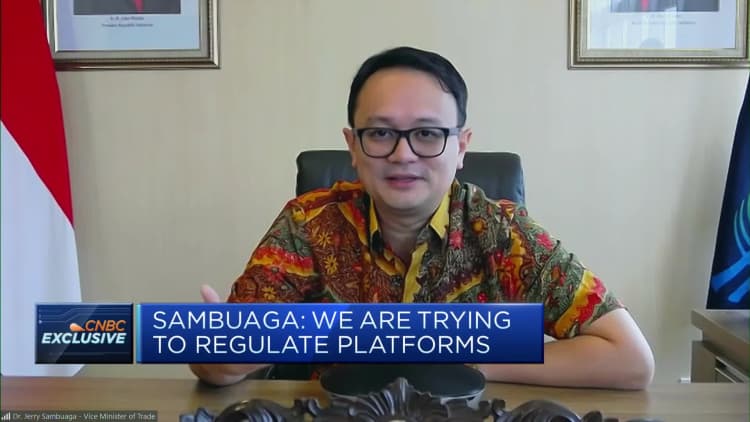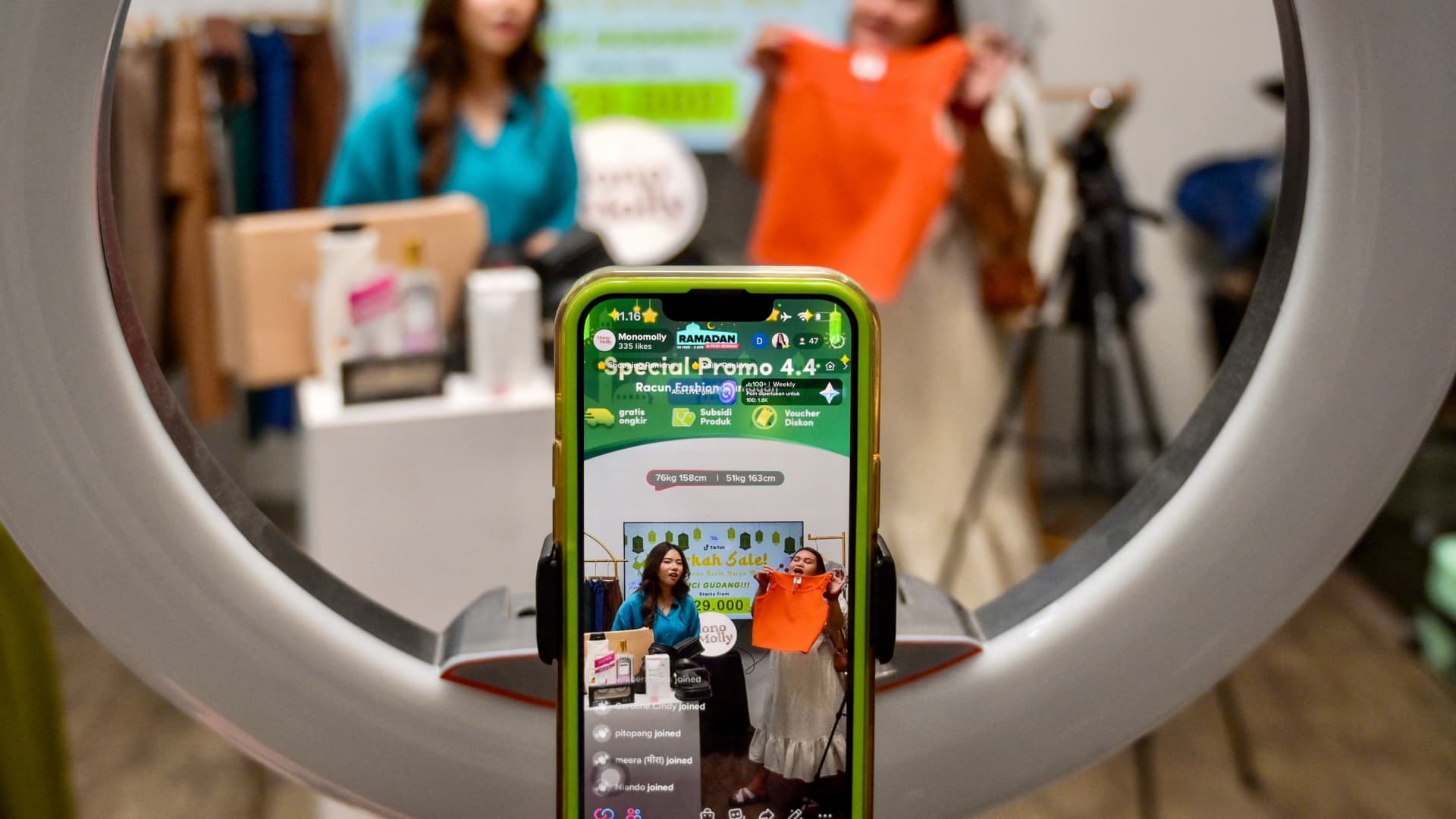Indonesia’s Ministry of Trade announced on Tuesday its plans to further regulate e-commerce, specifically mentioning that the country does not permit transactions on social media platforms.
In an official release, the ministry stated, “One of the things that is regulated is that the government only allows social media to be used to facilitate promotions, not for transactions.”
This means that users in Indonesia are prohibited from buying or selling products and services on TikTok and Facebook.
The government also intends to prevent social media companies from functioning as e-commerce platforms in order to protect the misuse of public data.
During a media conference on Monday, Minister of Trade Zulkifli Hasan emphasized the need to separate the connection between social media and e-commerce in order to preserve algorithmic integrity and prevent the unauthorized use of personal data for business purposes.
Furthermore, Indonesia plans to regulate the sale of overseas goods, treating them similarly to domestic products sold offline. This decision comes as foreign goods become more accessible in Indonesia through social media platforms.

Indonesia’s President, Joko Widodo, called for social media regulations over the weekend, citing their impact on local businesses and the economy.
In a statement, he said, “Because we know it affects MSMEs, small businesses, micro-enterprises, and also the market. There are markets where sales have started to decline due to the influx.”
A Blow to TikTok
These new regulations from Indonesia will significantly impact TikTok’s e-commerce ambitions within the country.
According to DataReportal, Indonesia is TikTok’s second-largest market with 113 million users, just behind the U.S. which has 116.5 million TikTok users.
In June, TikTok’s CEO Shou Zi Chew expressed their plans to invest billions of dollars in Indonesia and Southeast Asia in the coming years.
Following Indonesia’s move, a TikTok spokesperson stated, “Social commerce was born to solve a real-world problem for local traditional small sellers, by matching them with local creators who can help drive traffic to their online shops.”
They added, “While we respect local laws and regulations, we hope that the regulations take into account its impact on the livelihoods of more than 6 million sellers and close to 7 million affiliate creators who use TikTok Shop.”
A report from Citi suggests that this regulatory decision benefits Shopee, the e-commerce arm of Sea Limited, and other domestic e-commerce players in Indonesia.
“We view this as a positive development for traditional e-commerce players in Indonesia — particularly Sea Ltd., given the latest competitive intensity between TikTok and Shopee,” stated Citi in its report.
“Depending on the timing of the implementation and the transition process to the possible alternative app, in our view, any disruptions that TikTok sellers experience during the transition will likely be beneficial to Shopee and other traditional e-commerce platforms in the coming months,” Citi added.
Denial of responsibility! Vigour Times is an automatic aggregator of Global media. In each content, the hyperlink to the primary source is specified. All trademarks belong to their rightful owners, and all materials to their authors. For any complaint, please reach us at – [email protected]. We will take necessary action within 24 hours.


